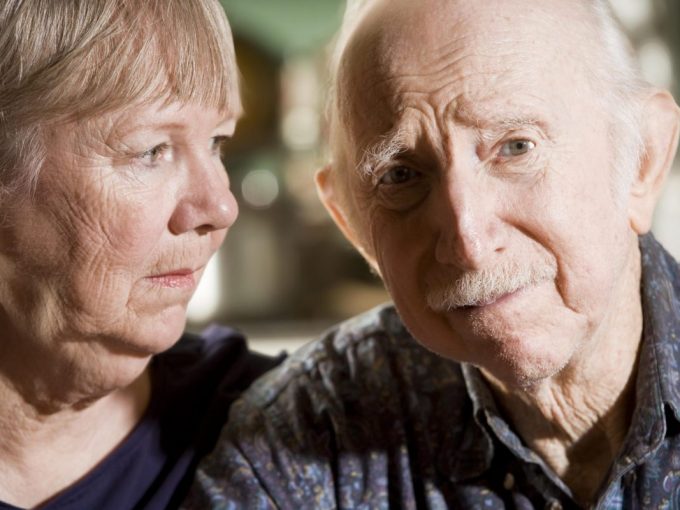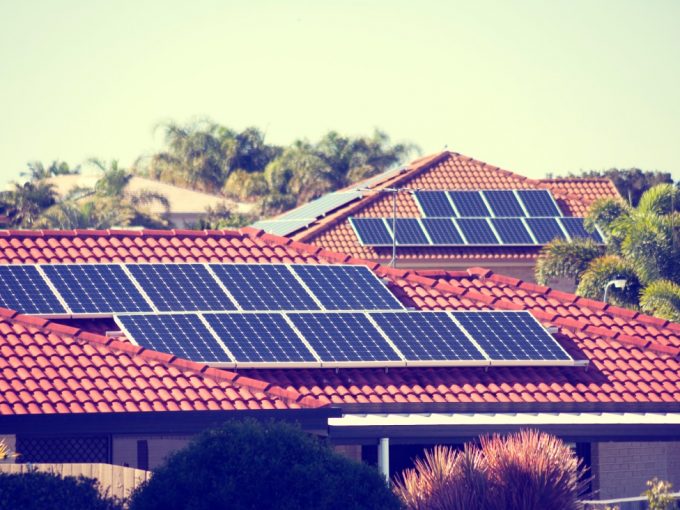The recession that transformed into a total global financial and economic crisis in September 2008 continues to have far-reaching consequences on the welfare and livelihoods of millions of Europeans.
And one of the many ways the crisis is impacting on the day-to-day lives of Europeans is through energy poverty, according to RMIT University sustainable energy futures expert Sergio Tirado.
Energy (or fuel) poverty is defined by leading academics across Europe as a condition where households are unable to access socially- and materially-necessitated levels of domestic energy services.
“The crisis exacerbated the pre-existing vulnerabilities in terms of energy poverty such as structural inequalities and poverty, rising energy prices, uneven household energy needs, a lack of comprehensive policies as well as poor energy performance of residential buildings,” Tirado said.
The researcher, who is based at RMIT’s European hub in Barcelona, said Spain has seen a substantial increase in energy poverty levels since 2008, which has been in parallel to a rapid surge in unemployment rates and electricity prices.
“It has resulted in thousands of households facing the risk of disconnection from basic utility services because of late payment or non-payment of bills,” he said.
“In reaction to this perceived injustice, advocacy and civil society organisations in Spain have adopted energy poverty as a central claim within wider demands for a democratic, de-centralised and renewable-based energy provision system.”
Tirado said these groups are fiercely critical of the large energy corporations in operation across the country.
“In Barcelona, as well as its surroundings, the citizen-led initiative Alianza contra la Pobreza Energética(Alliance against Energy Poverty or APE) provides ongoing support to vulnerable households – especially those having been disconnected or at imminent risk of disconnection from the electricity, gas and water grid,” he said.
“Several local support groups hold bi-weekly public consultation meetings where assistance is offered for households to file appeals or complaints against utility companies, to apply for social electricity and water tariffs, and to implement domestic micro-efficiency measures.
“At the same time, APE is raising awareness, giving voice to affected households, fighting to restore their dignity as well as providing a platform for citizens to become politically engaged around issues of domestic energy deprivation, energy affordability and the transition to a more fair and sustainable energy system.”
By interacting with these communities of local mutual support, the energy vulnerable have the potential to influence the conditions under which domestic energy deprivation arises, according to Tirado.
“They can reclaim their agency and confront the status of isolated, vulnerable individuals subordinated to conditions set by more powerful state and corporate actors,” he said.
And it’s not by chance that these processes take place in an urban setting.
“Cities have traditionally been at the core of social change dynamics by providing the context for grievances to be converted into meaningful, transformative action.”
For further details contact: Sergio Tirado.
For general media enquiries: Karen Matthews, Communications Coordinator, RMIT Europe, +34 637 659 483.





